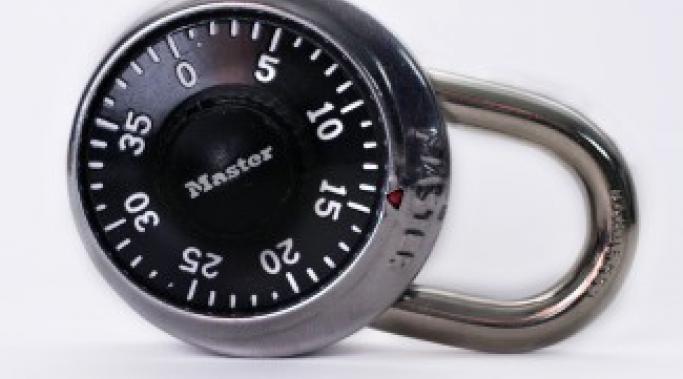I’ve learned, over a lot of time spent depressed, that you have to celebrate the small wins in bipolar depression. It’s absolutely crucial. You absolutely must recognize the little things if you have even half a hope of feeling better. You have to congratulate yourself for getting up, getting dressed, taking a shower and doing other impossible tasks when you have bipolar depression. Celebrating the small wins in bipolar depression sustains you while the big wins are on their way.
Coping
Maybe it’s just me, but I find the bipolar depression after a hypomania to be much worse than your average, daily depression. Post-hypomania depression is the way you pay for a hypomania (at least for me) and hypomania is very, very expensive.
When working with bipolar, there are definite dos and don’ts. These dos and don’ts can help predict just how successful you can be with bipolar at work because you can work with bipolar but that’s a much easier goal to achieve if you keep certain rules in mind (Keeping a Job When You Have Bipolar Disorder).
Bipolar symptoms can get out of control and sometimes we need to consider safety tips for bipolar. These safety tips can apply during a bipolar mania, hypomania or depression. When we implement a series of these bipolar safety tips, I call it being on a self-imposed “bipolar lockdown.”
Sometimes “crying out” the pain of an emotional situation works. I just did it with a friend. She, lovingly, sat across from me as I cried about a situation that I find hard. And it worked. I did, actually, feel better after crying out my emotions. But once, a therapist told me to “cry out” my bipolar depression. Instead of fighting the depression and pushing away the feelings, he told me my bipolar depression should be cried out.
In my history with bipolar disorder I have experienced many sleep problems. Typically, I can’t get to sleep at night and require sleep medication nightly to induce sleep. And while, historically, I have slept through the night after this medication, more recently, I’ve had trouble with mid-night awakenings. And I consider bipolar wellness to be highly correlated with sleep duration and quality. So what is the deal with sleep and bipolar anyway?
Dating with bipolar disorder can be tricky for so many reasons. You’ve got a bipolar routine to maintain, emotions to keep in check and a massive elephant in the room that you will have to deal with at some point. This evening I will be having a first date. And I have a fear of dating with bipolar disorder.
My father was a drunk. My father was a fall-down, blackout, greet-people-at-the-door-in-your-underwear kind of drunk. He was not a man who wanted kids. He was a man that had little to do with me. And he was a man with bipolar disorder.
On Monday, I was told that my kitty – one of my best friends – has less than a month to live thanks to a tumor in his belly. He went from a clean bill of health in September to now, soon-to-be euthanized, in November. I’m gutted; I’m grieving; and because I have bipolar disorder, I have extra problems to worry about.
For many people with bipolar disorder, there comes a point where they look at their lives and realize: their lives are so messed up. Often employment, family, friends, hobbies, financial welfare and many other things have been harmed by an uncontrolled mental illness. I often hear from people in times like these and they want to throw up their hands and just give up. I can understand this. Sometimes a mess seems so big that we will never clean it up. But I’m here to tell you that no matter how messy your life may be, you can make it better.









